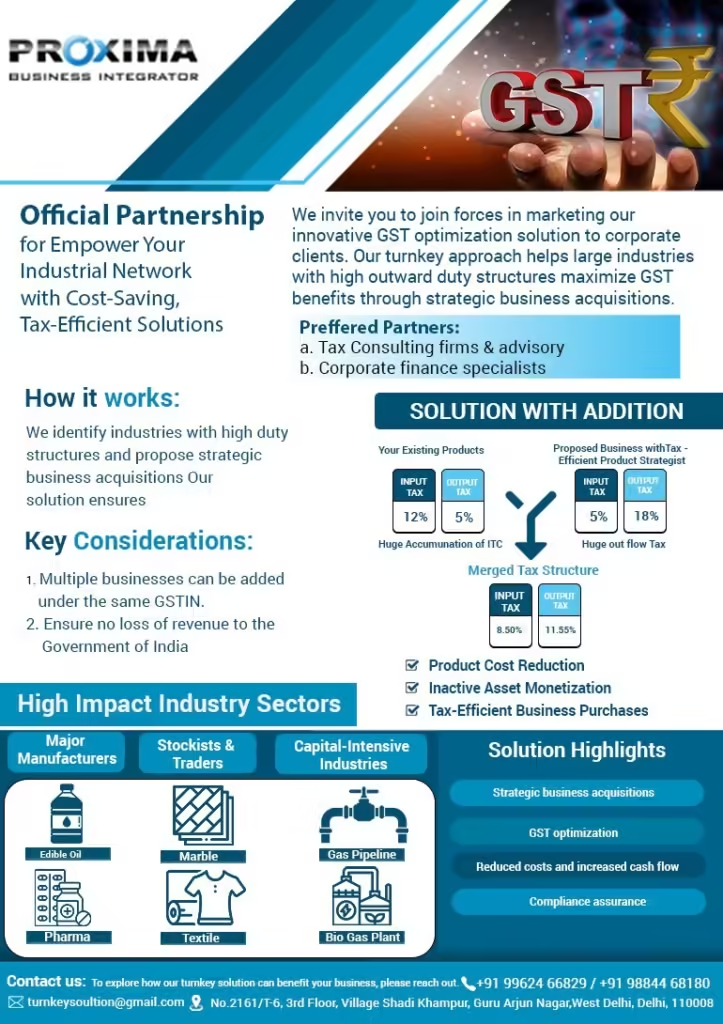The Banglore Bench of Income Tax Appellate Tribunal (ITAT) has held that the penalty under Section 270(A) of the Income Tax Act is discretionary in nature.
Table of Contents
The bench of Keshav Dubey (Judicial Member) And Waseem Ahmed (Accountant Member) has observed that the penalty by hereditary nature is always discretionary. The legislature has used the word ‘may’ in section 270A(1) of the Act which clearly says that it is discretionary on the part of the AO to levy a penalty or not.
The penalty is not at par with the tax and interest and therefore, penalty should not be levied in a light hearted manner or in routine manner and not every addition/disallowances are liable for penalty. The primary onus is on the department to prove that the assessee falls under a particular limb of default.

Background
The appellant/assessee is in the business of Micro finance which is approved by Reserve Bank of India as NBFC filed its return of income for the assessment year 2020-21 on 13.02.2021 declaring total income of Rs.126,85,87,430/-.
The AO completed the assessment assessing the total income by making the disallowances namely employees contribution of Provident Fund; the education cess claimed as deduction.
Before completing the assessment proceedings, the AO initiated the penalty proceedings under section 270A of the Income Tax Act by stipulating misreporting of income in the order of assessment.
The AO issued penalty notice asking the assessee to show cause as to why penalty should not be levied for under reporting in respect of late payment of Employees’s share of PF contribution and mis-reporting of Income in respect of education cess claimed as deduction.
In the meanwhile the assessee had also filed an application under section 270AA(2) of the Income Tax Act in form No.68 on 06/10/2022 for granting of immunity. The opportunity of being heard was accorded to assessee to furnish reply & the assessee also furnished reply through E-proceedings. The AO merely by stating that on the basis of the facts of the case, it is seen that it is not a case in which immunity can be granted & accordingly rejected the application for grant of immunity
Arguments
The assessee contended that based on the judgments of certain Jurisdictional as well as Non jurisdictional High Courts and the Tribunal which were in favour of the assessee, the same were claimed as expenditure in the original return of income based on a honest & bonafide belief that it is an allowable expenditure.
Subsequently, due to the amendment carried out by the Finance Act with retrospective effect which was not at all anticipated by the assessee company at the time of filing the return, the assessee company during the course of the assessment proceedings had filed the letter of withdrawal of claim of Health & Education cess along with the revised computation since the filing of the revised return was barred by time.
The assessee contended that as the claims of expenditure were bonafide based on the honest belief since there were judicial pronouncements in favour of the assessee company, the penalty levied is liable to be deleted. The penalty should not be levied in a routine or casual manner since the assessee has neither under reported nor mis-reported any income & the conduct of the assessee company is fair.
Conclusion
The tribunal held that the primary onus is on the department to prove that assessee falls under particular limb of default. The AO have to bring the case in the four corners of the sections in order to levy penalty which in our opinion, the authorities below failed to do so. The authority below misdirected themself by citing various irrelevant decisions of Supreme Court without understanding the real issues involved in the case of assessee company.
The tribunal deleted the penalty levied under section 270A of the Income Tax Act and allowed the appeal of the assessee.
FAQs
What is Penalty under Section 270(A) of the Income Tax Act?
The Assessing Officer if finds that an assessee has under-reported or misreported their income, the penalty under Section 270A of the Income Tax Act can be imposed.
On whom burden to prove misreporting of the income lies?
The Assessing Officer if finds that an assessee has under-reported or misreported their income, the penalty under Section 270A of the Income Tax Act can be imposed.
Is imposition of Penalty under Section 270(A) of the Income Tax Act compulsory?
The Banglore Bench of Income Tax Appellate Tribunal (ITAT) in the case of IIFL Samasta Finance Limited versus DCIT held that the penalty under Section 270(A) of the Income Tax Act is discretionary in nature. The legislature has used the word ‘may’ in section 270A(1) of the Act which clearly says that it is discretionary on the part of the AO to levy a penalty or not. The penalty is not at par with the tax and interest and therefore, penalty should not be levied in a light hearted manner or in routine manner and not every addition/disallowances are liable for penalty.
Case Details
Case Title: IIFL Samasta Finance Limited v/s DCIT
Citation: ITA No.1054/Bang/2024
Counsel for the Petitioner: H.V. Gowthama, A.R.
Counsel for the Respondent: Chinmay Anand Jain, D.R.
Date of Decision

